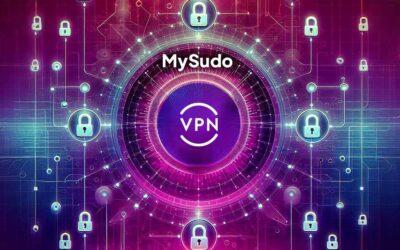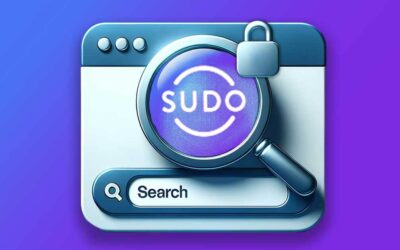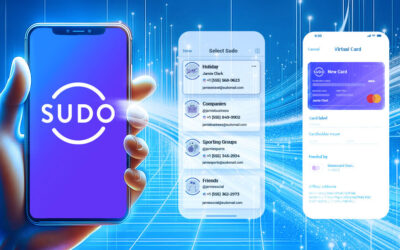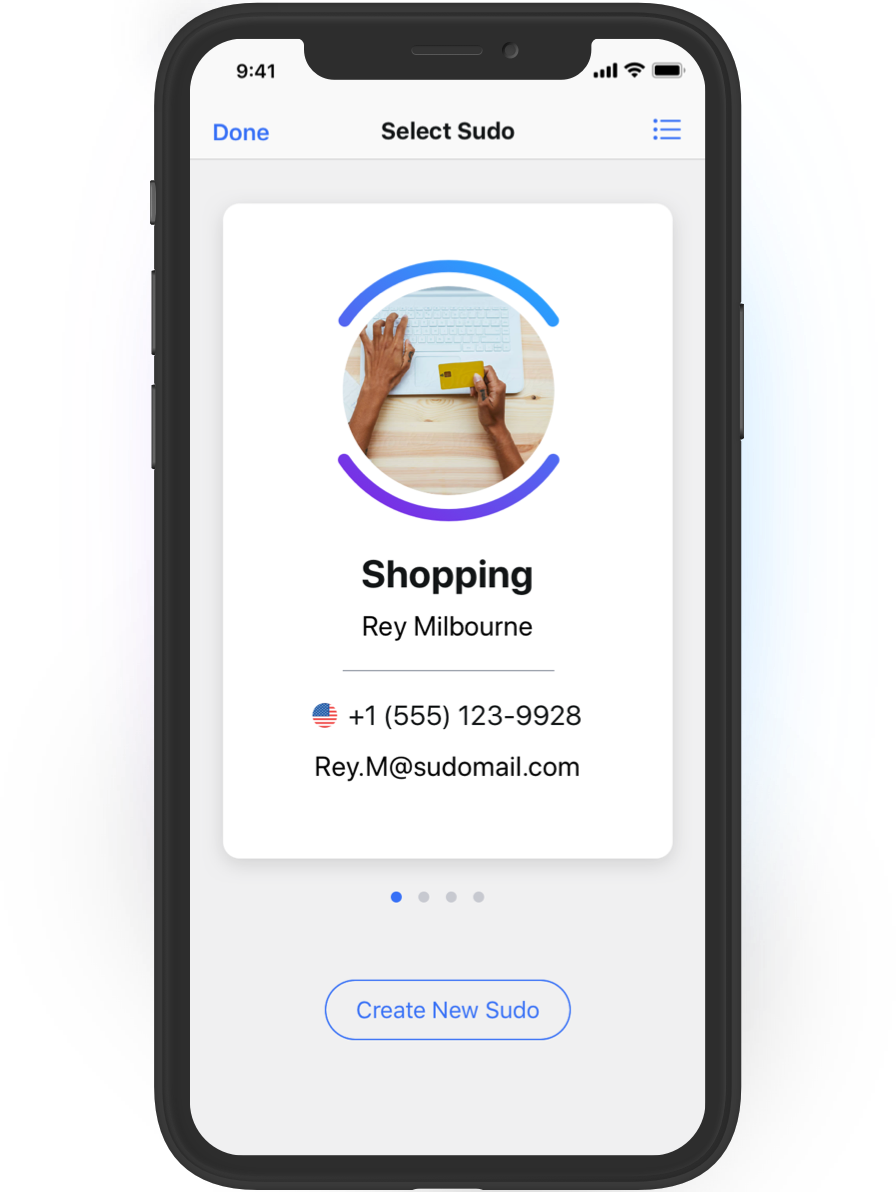Decentralized identity (also known as self-sovereign identity) is the future—and our secure digital identity, the Sudo, at the core of MySudo, is opening up the possibility of decentralized identity for most people.
Decentralized identity is maturing. Many companies, organizations and individuals have been working to establish open standards (e.g. W3C [1][2] and Decentralized Identity Foundation (DIF) [3][4]) for decentralized identity. Widespread adoption of decentralized identity seems to be inevitable, and companies are starting to build products around these emerging technologies.
You already know that the central concept in our technology is the Sudo, an online digital identity that a user can create and manage independently from their personal identity.
If you’re new to MySudo, the Sudo is a powerful tool that enables users to compartmentalize and protect their personal identity. Because Sudos were developed when decentralized identity was still in its infancy, the technology underlying a Sudo was built largely on the Anonyome Labs’ ecosystem. This is now changing. The Sudo is becoming vastly more powerful by incorporating the emerging standards and technologies of decentralized identity.
In addition, the new complexity brought by decentralized identity, the dizzying new set of relationships and attributes, means consumers are finding the Sudo indispensable for organizing their information in an easy-to-understand, intuitive way.
Online identity is difficult to manage. Some users freely share personal information online with many different services. This might be a phone number, email address, birth date, name or even pictures of their children and loved ones. While the information might seem innocuous when shared with a single service, this data is often used to correlate who they are across a huge span of services. This leads to serious compromises in the user’s privacy and security. Paired with data breaches, this personal data can be used to access sensitive information, such as bank accounts.
A savvier Internet user might use several different email addresses when signing up for services, or even a different name. While this reduces the correlation of data across services, it can be challenging for even the most sophisticated of users to prevent cross-contamination of their data.
Decentralized digital identity aims to solve many of these problems by allowing you to choose what you share and with whom.
Through the cryptographic nature of DIDs and pairwise DID capabilities, decentralized identity replaces the typical email and password login with one that is unique for every service you use. Through verifiable credentials, it allows you to better protect your personal information by only providing access to the information that is needed. Through identity hubs, you can choose where you store your data and retain full control over it. Through secure communication channels, you can ensure that the content of your communication is always private and secure, regardless of the service you use. Through blockchain and distributed ledgers, you have a stronger basis of trust for the entire system.
But decentralized digital identity leaves you with a highly fragmented world of bits and pieces of information. The more attributes and relationships you add, the more difficult it is to manage. When you need to provide an email address to a service provider, you need to know which email address to use and where you have used it before. When you make an online purchase, you want to ensure that your credit card number is not used to associate profiles from other websites and to remember where you used that same number. And when you are browsing online, you need to ensure that your activities are not cross-correlated with your personal identity.
The Sudo provides a powerful way for you to both organize and properly compartmentalize everything you do online, including Decentralized Identity based interactions. Sudos mirror how people live offline and leverage the tendency of the mind to compartmentalize information. Instead of memorizing hundreds of pieces of information, you can place items in ‘baskets’ and use those baskets to find the items yourself.
So, you can see Sudos are on a critical path to making decentralized identity usable to most people. Get amongst it. Download MySudo in iOS or Android to learn about the concept of compartmentalization using Sudos. Learn how to use MySudo in 90 seconds.
[1] Decentralized Identifiers (DIDs) v1.0 Core architecture, data model, and representations, W3C Proposed Recommendation 03 August 2021, https://www.w3.org/TR/did-core/
[2] Verifiable Credentials Data Model 1.0 Expressing verifiable information on the Web W3C Recommendation 19 November 2019, https://www.w3.org/TR/vc-data-model/
[3] Decentralized Identity Foundation (DIF), https://identity.foundation/
[4] didcomm-rs, https://github.com/decentralized-identity/didcomm-rs
Photo Brooke Cagle Unsplash.







